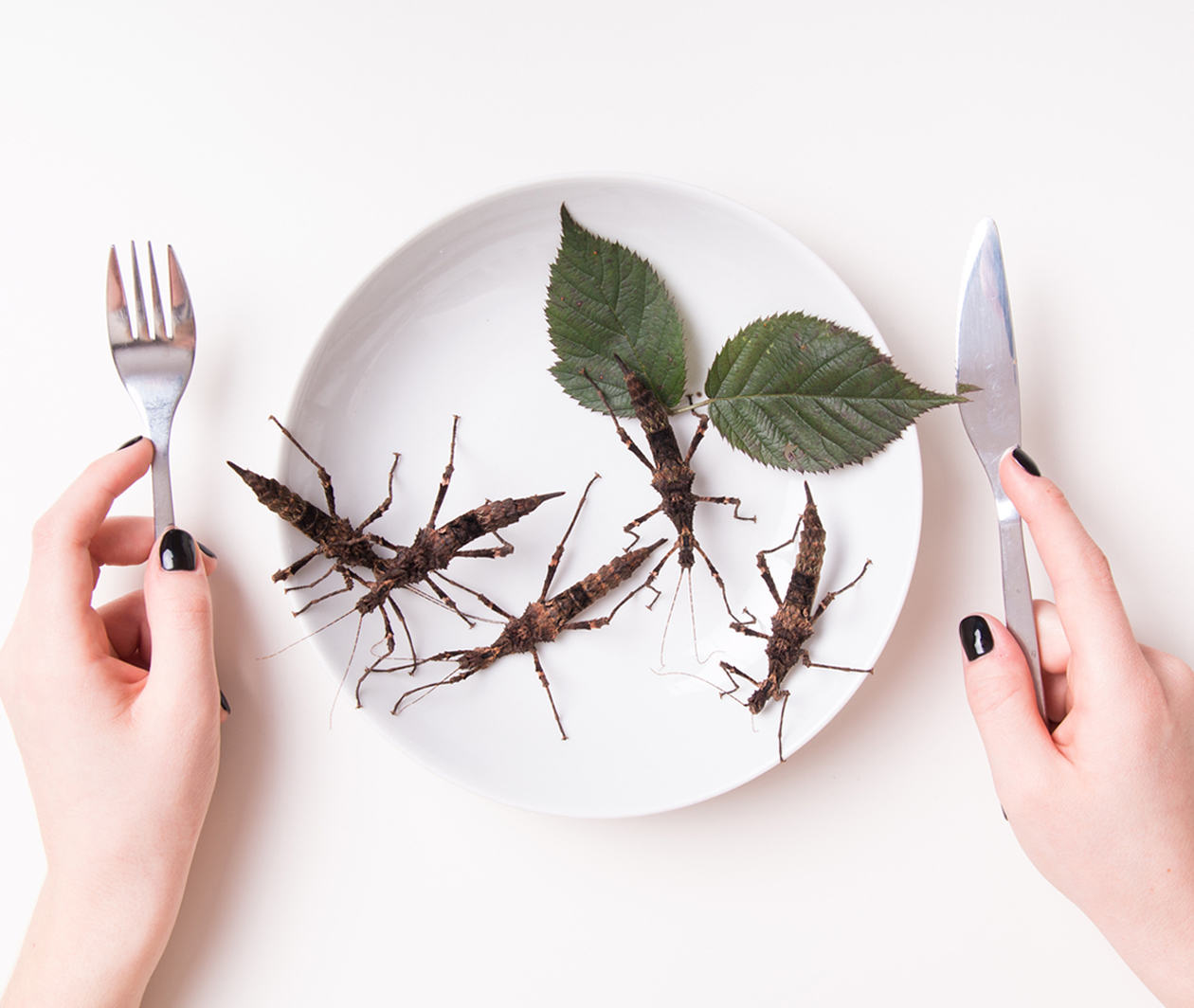Skip to 0 minutes and 7 seconds Major food producers and startup entrepreneurs are all searching for more sustainable alternatives to animal products– plant-based meat substitutes, edible insects, lab-grown meat. Will consumers eat them?
Skip to 0 minutes and 22 seconds The rapid global expansion of palm oil production has led to deforestation and the destruction of peatlands, greenhouse gas emissions, human rights violations, and to the loss of biodiversity on some of the planet’s most highly endangered habitats and species.
Skip to 0 minutes and 39 seconds The past decade has seen huge growth in the probiotic industry and its claims about the nutritional benefits of including live microbes in our diet. Can these products really deliver the health benefits they promise?





